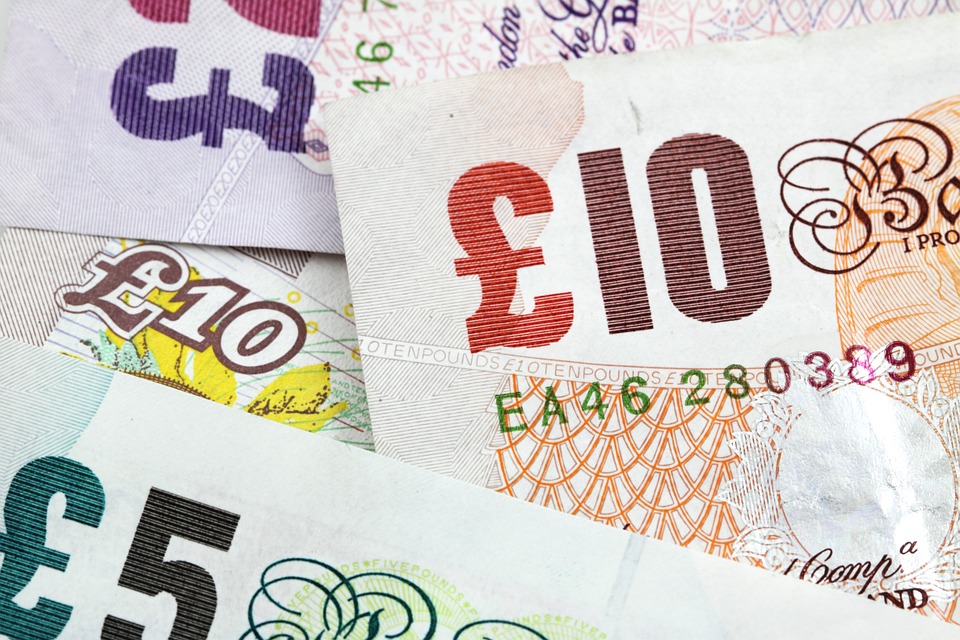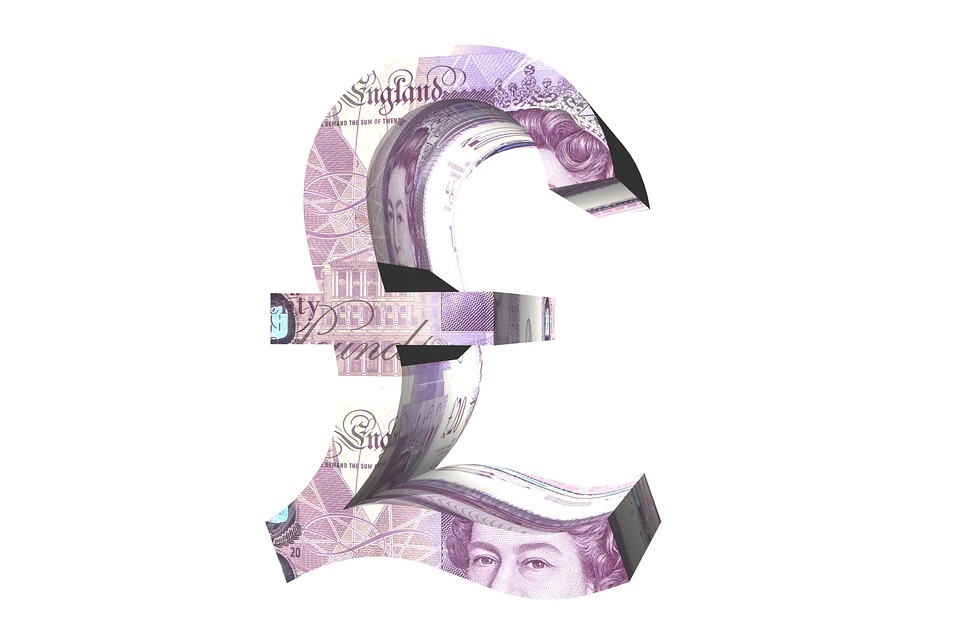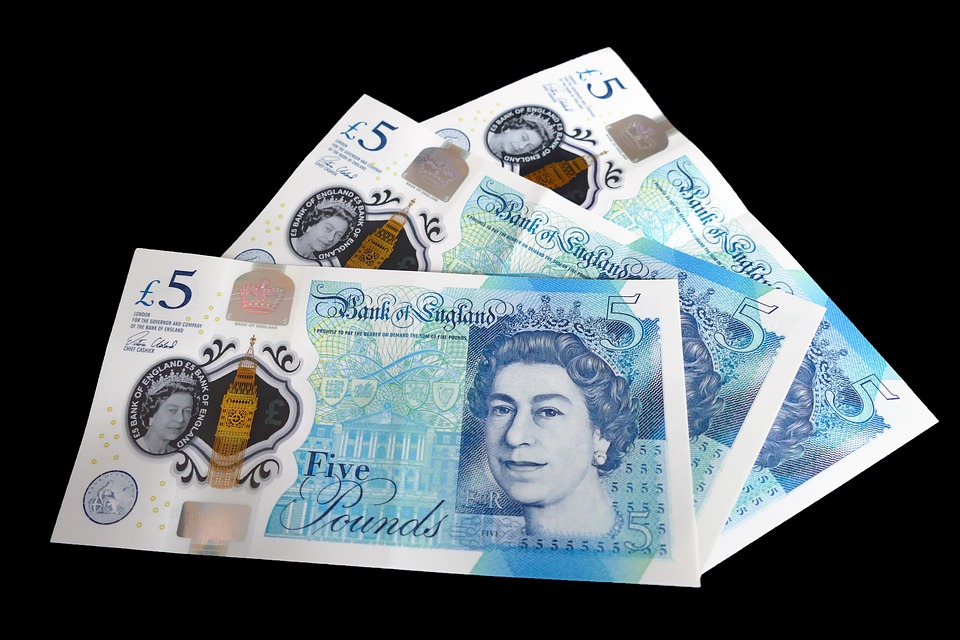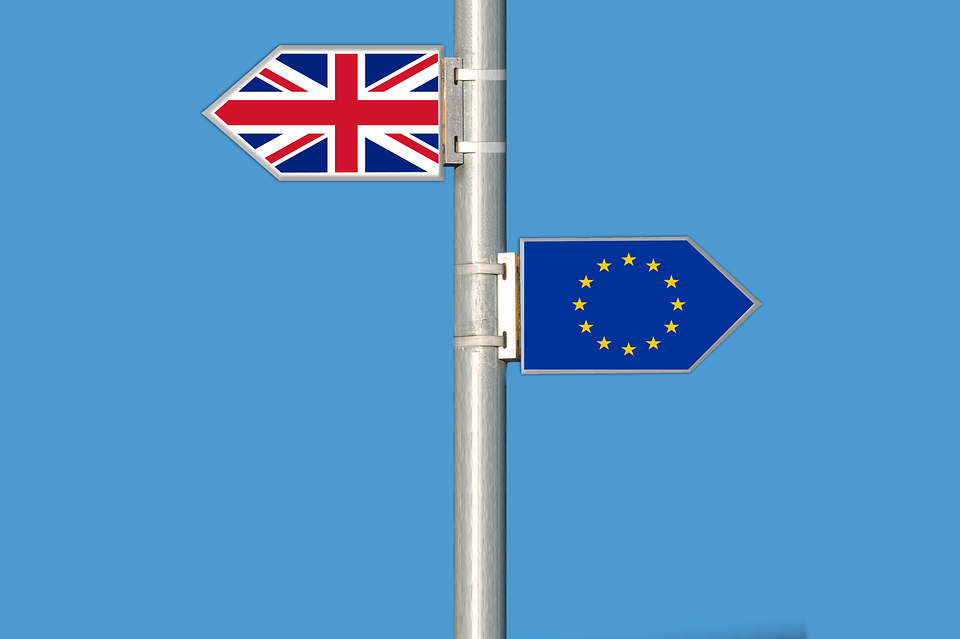THE UK’s unemployment rate soared during 2020 as some of the country’s largest businesses were forced to lay off hundreds of thousands of staff, with some of the biggest casualties in the retail, hospitality and travel sectors.
This year the PA news agency tracked nearly 280,000 announced redundancies or jobs that were put at risk since March 23, when the first lockdown started.
It is a clear demonstration of the cost to people of the economic chaos caused by coronavirus.
Some of the cuts, including 5,500 at Cineworld, are likely to be temporary, but the PA figures also hide a large number of job losses, many among smaller companies.
The Office for National Statistics (ONS) said this month that the number of employees on payrolls had fallen by 819,000, most of which were at the beginning of the pandemic.
According to PA’s analysis, June was the worst month, with nearly 75,000 redundancies or possible job losses announced. However, this included HSBC and BP, whose plans for 35,000 and 10,000 possible redundancies were global, and not just limited to UK jobs.
To find out more about how we can assist you with your Second Charge Mortgage please click here
The fewest number of job losses announced in a full month was in April, shortly after lockdown started on March 23.
Retail jobs were the hardest hit, according to PA’s analysis, with more than 85,000 potential redundancies. Hospitality and travel companies both announced more than 42,000 losses.
The Bank of England said in November that it expected unemployment to peak at 7.75% next year, far ahead of the current 4.9%.
The Government hoped its furlough plan would save jobs, and has paid £46 billion to cover up to 80% of the salaries of 9.9 million people at some point. But between August and October, as the scheme was being phased out, redundancies reached a record high, at 370,000 in that quarter alone.
The furlough scheme, which was meant to come to an end in the autumn, was extended until April as more restrictions hit the economy.
A Government spokeswoman said: “We have put in place one of the world’s most comprehensive economic responses, spending over £280 billion to protect jobs, incomes, and business throughout the pandemic.
“Our Plan for Jobs continues to support people of all ages to get back on the jobs ladder, levelling up the nation as we build back better. We’re doubling the number of Work Coaches across our jobcentres ensuring those in need have access to bespoke support, creating hundreds of thousands of opportunities for young people through our Kickstart Scheme and our SWAPs (sector-based work academy programmes) are helping people retrain for new industries.”
By Richard Browne
Source: Bridgwater Mercury
Discover our Mortgage Broker services.









